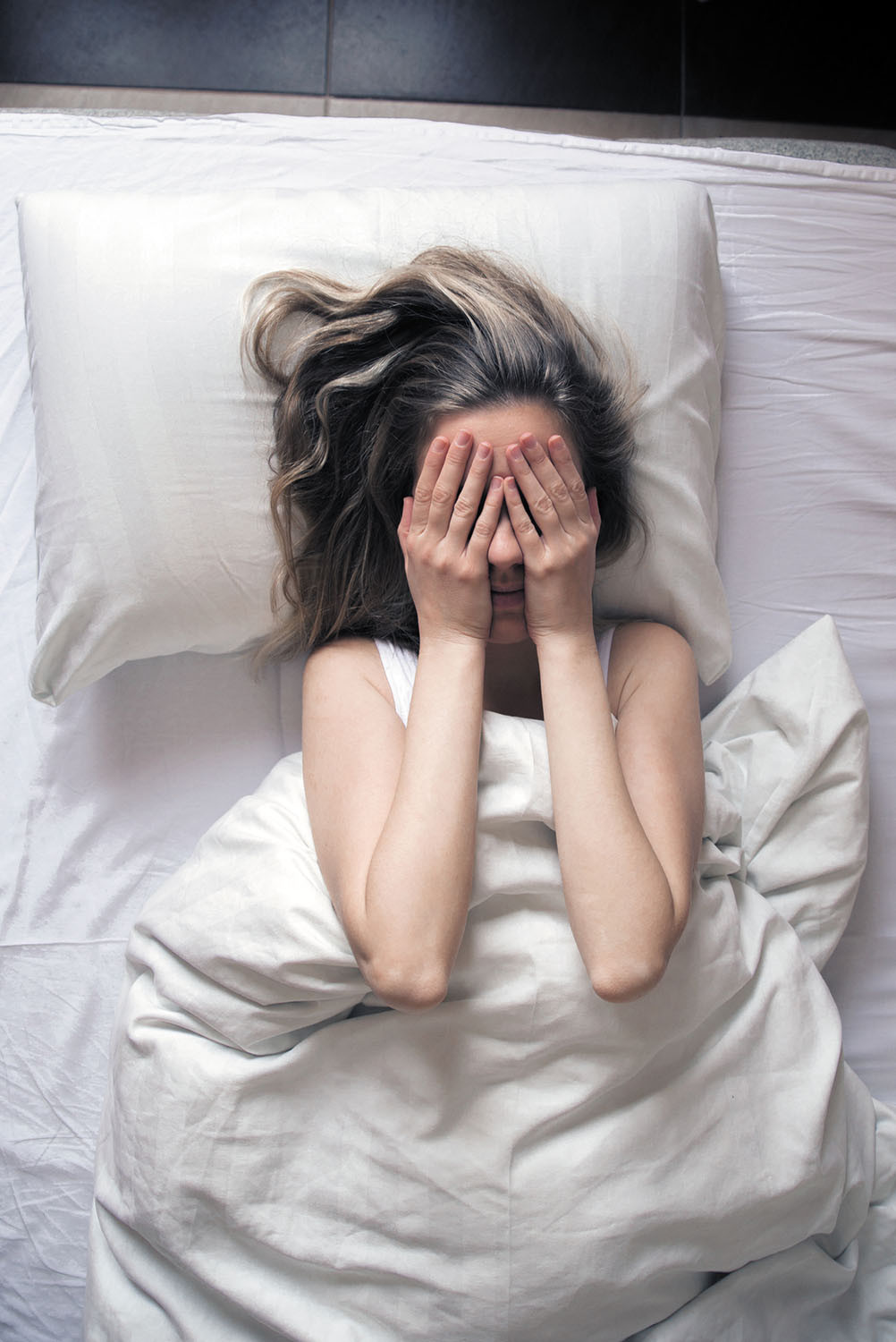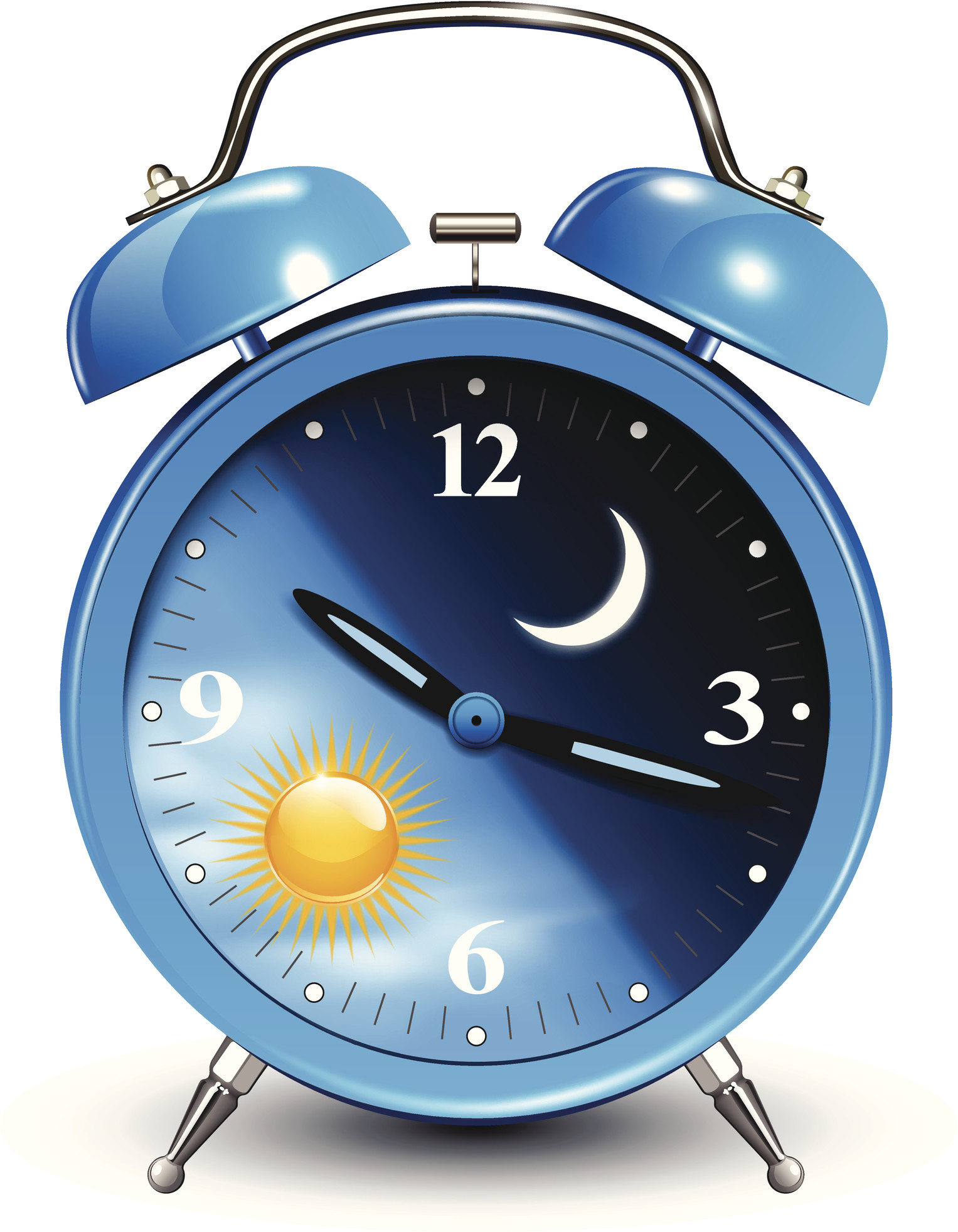
Avocado nutrition: Health benefits and easy recipes

Swimming lessons save lives: What parents should know

Preventing and treating iliotibial (IT) band syndrome: Tips for pain-free movement

Wildfires: How to cope when smoke affects air quality and health

What can magnesium do for you and how much do you need?

Dry socket: Preventing and treating a painful condition that can occur after tooth extraction

What happens during sleep �� and how to improve it

How is metastatic prostate cancer detected and treated in men over 70?

Could biofeedback help your migraines?

What is autism spectrum disorder?
Sleep Archive
Articles
Lifestyle changes are important for managing atrial fibrillation
Many lifestyle factors can influence the development of atrial fibrillation, and doctors now better understand the importance of these factors in treating afib. Those who are at risk of developing afib can take action to improve their health, and in some cases they may be able to reduce their symptoms.
I can’t tolerate CPAP, what can I do?
Many people with sleep apnea find that a CPAP machine helps them, but others struggle and have difficulty using a CPAP machine. There are many reasons this could be happening, and it’s important for people to work with their doctor to troubleshoot and try adjustments that can make using the machine easier and more effective.
Treating mild sleep apnea: Should you consider a CPAP device?
Obstructive sleep apnea affects an estimated 20% of the population, and if untreated it has negative effects on cardiac and metabolic health as well as quality of life. If the condition is moderate or severe, a CPAP machine is the first-line treatment, but there is less consensus about treatment of mild OSA.
Irregular sleep patterns may be harmful to your heart
Research we're watching
Having a regular bedtime isn't just good for kids; it may also benefit the health of older adults. A study published online March 2 by the Journal of the American College of Cardiology found that older adults with an irregular sleep schedule had nearly double the risk of developing cardiovascular disease compared with those who had a regular sleep schedule.
Researchers selected nearly 2,000 men and women, ages 45 to 84, who did not have cardiovascular disease. At the outset of the study, all participants underwent a sleep examination that included a questionnaire, an at-home overnight sleep test, and seven days of monitoring with a device worn on the wrist that tracked sleep patterns. Over the following five years, the participants with the most irregular sleep patterns had more than twice the rate of heart attack, stroke, or death from cardiovascular disease compared with those who had the most regular sleep patterns. The increased risk of experiencing one of these events persisted in the irregular sleepers even after study authors adjusted for cardiovascular risk factors, average sleep duration, and other sleep problems, such as obstructive sleep apnea.
Can hot baths protect your heart?
News briefs
Taking a warm bath helps soothe aching joints, wash away stress, and promote sleep. Now, a study published online March 24, 2020, by the journal Heart suggests that daily hot baths are also associated with better heart health. Researchers analyzed self-reported health and lifestyle information from more than 30,000 middle-aged people in Japan. Participants responded to a questionnaire at the start of the study and were then followed for about 20 years. Compared with people who didn't take a tub bath more than twice a week, people who took a daily warm or hot bath had a 28% lower risk of cardiovascular disease and a 26% lower risk of stroke. The study is only observational and doesn't prove that daily tub bathing staves off heart problems. But previous research has shown that the effects of tub bathing on the body are similar to those of exercise. Use caution, however: taking baths in very hot water is also tied to sudden death due to overheating, confusion, or drowning. If you're going to take a bath, keep the temperature comfortable and don't risk overheating. Finally, this study says nothing about the possible cardiovascular benefits of hot showers.
Image: © JohnnyGreig/Getty Images
In search of sleep
Many women making the transition to menopause have trouble sleeping. Several strategies can help you get the rest you need.
If you're a woman of a certain age and you often find yourself staring at the ceiling in the middle of the night, you're not alone. The years leading up to menopause and the period that immediately follows are the times that women are most likely to report problems sleeping, according to the National Sleep Foundation. Many different conditions that are common in this stage of life �� including hot flashes, obstructive sleep apnea, and mood disorders such as depression or anxiety �� can cause sleep problems.
Lack of sleep is more than just a nuisance. "We now understand that high-quality sleep is absolutely vital to good health," says Dr. JoAnn E. Manson, the Michael and Lee Bell Professor of Women's Health at Harvard Medical School. This means that seeking care should be a priority if you are experiencing problems.
Why your sleep and wake cycles affect your mood
The body’s circadian rhythm controls our sleep-wake cycle, so an irregular rhythm can negatively affect sleep and proper functioning, which can lead to health problems including mood disorders. The tendency to rise early or stay up late is genetically determined, but you may be able to adjust your life to better match your circadian rhythm.

Avocado nutrition: Health benefits and easy recipes

Swimming lessons save lives: What parents should know

Preventing and treating iliotibial (IT) band syndrome: Tips for pain-free movement

Wildfires: How to cope when smoke affects air quality and health

What can magnesium do for you and how much do you need?

Dry socket: Preventing and treating a painful condition that can occur after tooth extraction

What happens during sleep �� and how to improve it

How is metastatic prostate cancer detected and treated in men over 70?

Could biofeedback help your migraines?

What is autism spectrum disorder?
Free Healthbeat Signup
Get the latest in health news delivered to your inbox!
Sign Up











